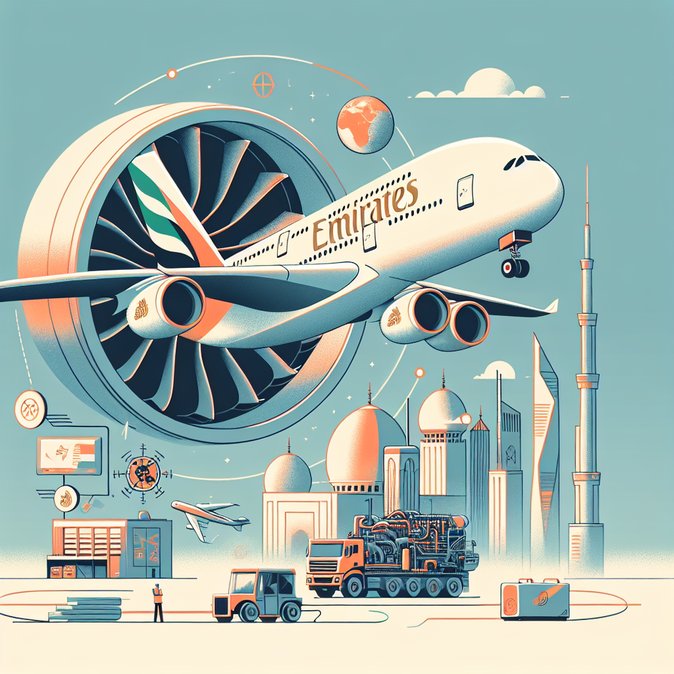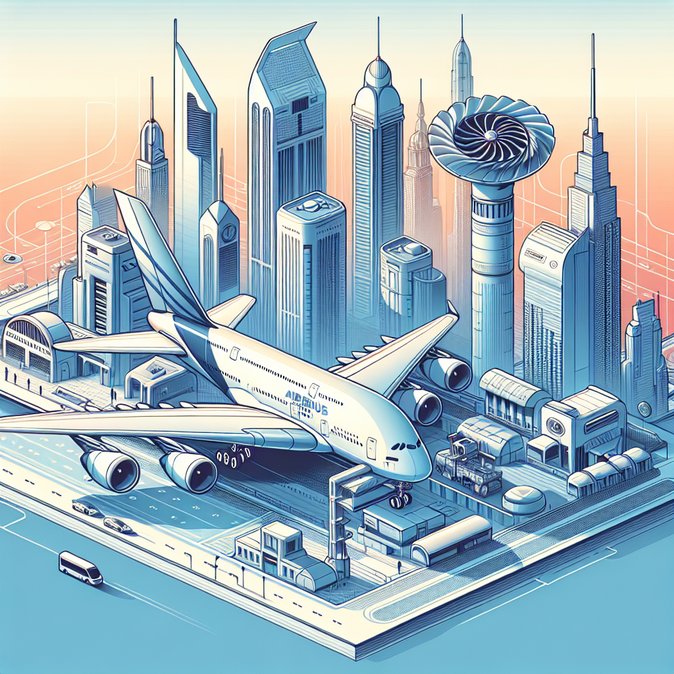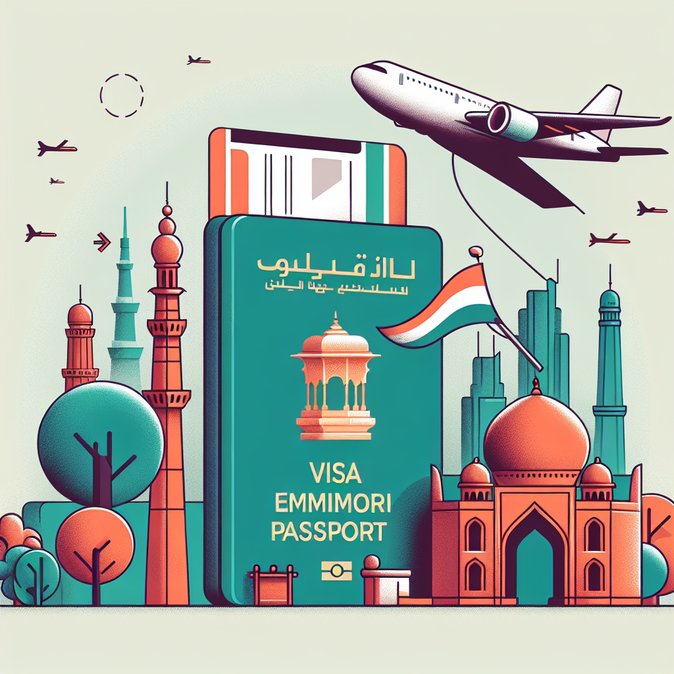
Dubai-based carrier Emirates signed a memorandum of understanding with Rolls-Royce on 20 November to bring overhaul of Trent 900 engines—the powerplant on its Airbus A380 fleet—in-house from 2027. The agreement extends the parties’ TotalCare support package into the 2040s and envisages an MRO (maintenance, repair and overhaul) line in Dubai.
As the world’s largest A380 operator, Emirates is determined to keep the double-deck super-jumbo flying well into the next decade despite Airbus ending production in 2021. Having engine heavy-maintenance capacity in the UAE will reduce turnaround times, improve fleet availability and bolster Dubai’s status as a global aviation hub.
![Emirates Inks Rolls-Royce Deal to Maintain A380 Engines Locally]()
For corporate travel programmes, the move signals continued A380 deployment on high-volume long-haul routes such as London, Sydney and New York—airframes prized by travellers for spacious cabins and onboard lounges. Reliability enhancements should translate into fewer last-minute aircraft swaps that complicate seat assignments and special-service requests.
The deal comes on the heels of Emirates’ partnership with Safran to build a seat-assembly plant in Dubai, part of a wider strategy to localise the airline’s supply chain. Rolls-Royce has pledged to train Emirati engineers, supporting the government’s push to develop high-skilled aerospace jobs.
While primarily a technical agreement, the announcement underlines the resilience of UAE aviation infrastructure—a critical pillar for international assignments and regional headquarters reliant on predictable long-haul lift.
As the world’s largest A380 operator, Emirates is determined to keep the double-deck super-jumbo flying well into the next decade despite Airbus ending production in 2021. Having engine heavy-maintenance capacity in the UAE will reduce turnaround times, improve fleet availability and bolster Dubai’s status as a global aviation hub.

For corporate travel programmes, the move signals continued A380 deployment on high-volume long-haul routes such as London, Sydney and New York—airframes prized by travellers for spacious cabins and onboard lounges. Reliability enhancements should translate into fewer last-minute aircraft swaps that complicate seat assignments and special-service requests.
The deal comes on the heels of Emirates’ partnership with Safran to build a seat-assembly plant in Dubai, part of a wider strategy to localise the airline’s supply chain. Rolls-Royce has pledged to train Emirati engineers, supporting the government’s push to develop high-skilled aerospace jobs.
While primarily a technical agreement, the announcement underlines the resilience of UAE aviation infrastructure—a critical pillar for international assignments and regional headquarters reliant on predictable long-haul lift.


